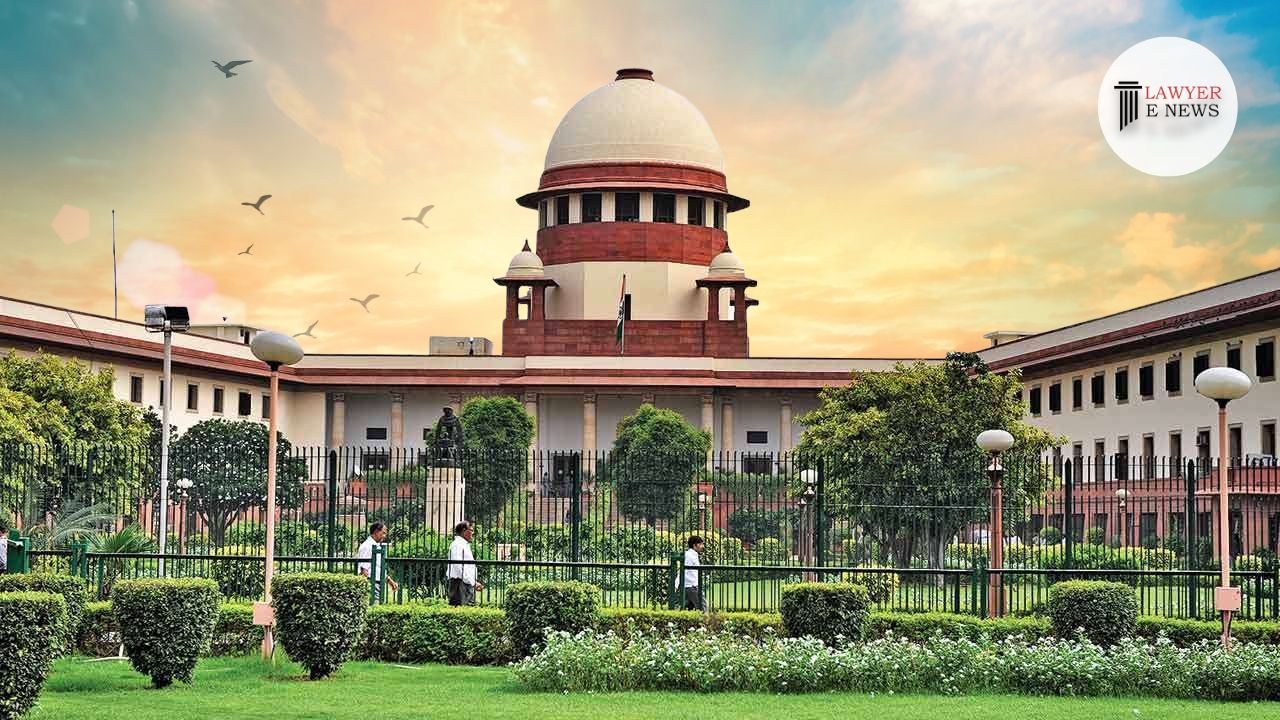-
by sayum
14 February 2026 2:22 PM



High Court's Flea-Bite Sentence Modified to Six Months Simple Imprisonment
In a landmark judgment, the Supreme Court of India has significantly enhanced the sentence in a bigamy case, reinforcing the importance of proportionality in punishment. The judgment delivered by Justices C.T. Ravikumar and Sanjay Kumar criticized the leniency shown by the High Court and emphasized the necessity of imposing a sentence that reflects the gravity of the offense under Section 494 of the Indian Penal Code (IPC).
The case involves the appellant, Baba Natarajan Prasad, who filed a complaint against his wife, M. Revathi (Accused No. 1), and another individual (Accused No. 2) for committing bigamy. Prasad alleged that while proceedings for the dissolution of their marriage were pending, Revathi married Accused No. 2 and had a child with him. The trial court had initially convicted both accused under Section 494 IPC, sentencing them to one-year rigorous imprisonment and a fine of Rs. 2,000 each. However, the High Court later reduced the sentence to "imprisonment till the rising of the court" and a fine of Rs. 20,000 each.
The Supreme Court underscored the principle of proportionality in sentencing, emphasizing that punishments must align with the severity of the offense to maintain societal order and justice. The bench referred to earlier cases, including State of Punjab v. Bawa Singh, where the court had held that sentences should reflect the nature and magnitude of the offense committed.
The judgment pointed out that sentences such as "imprisonment till the rising of the court" for serious offenses like bigamy are excessively lenient and fail to serve as an adequate deterrent. The court noted, "Imposition of ‘imprisonment till the rising of the court’ is not a proper sentence falling in tune with the rule of proportionality in providing punishment."
Justice Ravikumar highlighted that Section 494 IPC, which deals with bigamy, prescribes a maximum sentence of seven years, reflecting the legislature's view of the offense as severe. The court cited Gopal Lal v. State of Rajasthan, where it was held that leniency is inappropriate in bigamy cases.
The Supreme Court's decision to enhance the sentence was grounded in the principle that sentences should be commensurate with the crime's gravity. The court modified the sentence for both accused to six months of simple imprisonment and reduced the fine from Rs. 20,000 to Rs. 2,000 each. Additionally, the court considered the welfare of the child born from the second marriage, structuring the sentences to minimize disruption to the child's upbringing.
Justice Ravikumar stated, "The imposition of ‘imprisonment till the rising of the court’ upon conviction for an offense under Section 494 IPC is unconscionably lenient. A sentence should serve as a deterrent and reflect the gravity of the crime committed."
The Supreme Court's ruling underscores the judiciary's commitment to ensuring that sentences in criminal cases are proportionate and just. By enhancing the sentence in this bigamy case, the court has sent a strong message about the seriousness of such offenses and the necessity of appropriate punishment. This judgment is expected to influence future cases, reinforcing the legal framework against bigamy and ensuring that justice is served in a manner that upholds societal order and deters criminal behavior.
Date of Decision: July 15, 2024
Baba Natarajan Prasad v. M. Revathi
